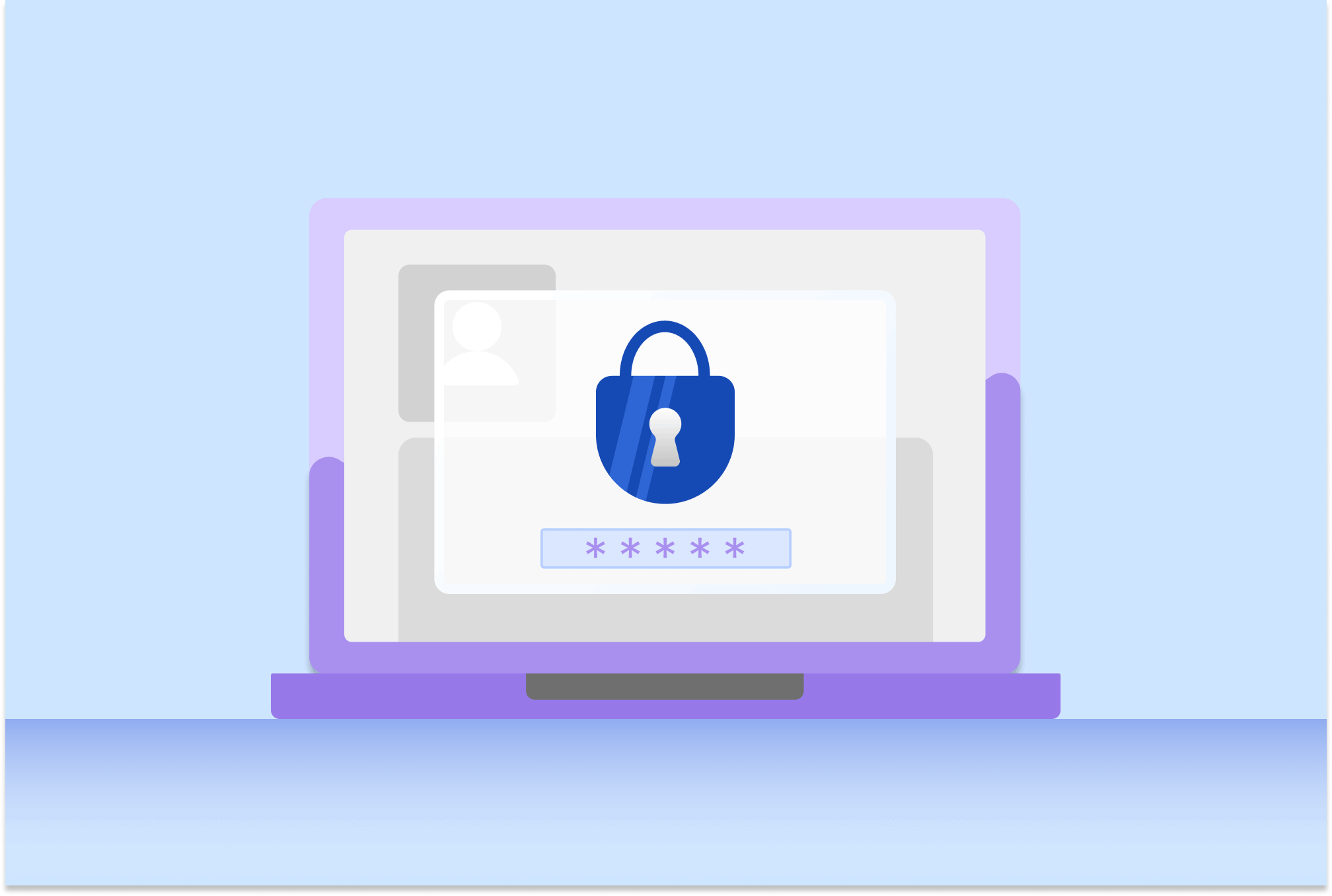Cybersecurity: The Essential Digital Shield for Every Business

Why Cybersecurity is Crucial for Business Success
In today's digital landscape, where data breaches and cyber threats are increasing, cybersecurity has become a fundamental aspect of business operations. It’s not just an IT concern anymore—cybersecurity is a strategic priority that impacts every part of a business, from reputation management to financial stability. With cyber threats evolving rapidly, It’s not a question of if, but when they will be targeted. Here’s why investing in cybersecurity is critical and how companies can build a strong defense.
The Strategic Importance of Cybersecurity
Cybersecurity is essential not only for data protection but also for safeguarding a business’ entire digital infrastructure. With companies increasingly relying on digital platforms for customer engagement and financial transactions, a data breach can be catastrophic consequences. Cybersecurity acts as a digital shield, protecting against threats and ensuring business continuity.
Why Cybersecurity is a Business Imperative
- Reputation Protection: A single data breach can undermine years of trust. Customers expect their personal information to be secure, and failing to protect it can result in lost business and long-term reputational damage.
- Financial Security: The impact of a cyberattack can be devastating. Costs include immediate losses, recovery expenses, regulatory fines, and potential lawsuits. Effective cybersecurity measures are an investment in the financial health of your business.
- Regulatory Compliance: With stricter data protection laws worldwide, businesses must adhere to various regulations. Non-compliance can lead to hefty fines and operational restrictions. Cybersecurity ensures compliance and helps avoid legal issues related to data breaches.
Building a Strong Cybersecurity Defense
Cybersecurity uses a multi-layered approach integrating technology, processes, and people to protect digital assets. Here’s how businesses can create a robust cybersecurity framework:
- Proactive Threat Detection: Cyber threats are continuously evolving. Implementing advanced threat detection systems, such as Intrusion Detection Systems (IDS) and Security Information and Event Management (SIEM), helps identify potential breaches before they occur.
- Data Encryption and Access Control: Encrypting sensitive data makes it unreadable and unusable, even if intercepted. Strong access controls limit who can access critical information, mitigating risks from internal and external threats.
- Regular Security Audits and Updates: Cybersecurity requires continuous monitoring and updates to stay ahead of emerging threats. Conducting regular security audits helps identify vulnerabilities and address them promptly.
- Incident Response Planning: No system is foolproof. It is crucial to have a well-prepared incident response plan. This plan outlines the steps for a breach, minimizing damage and ensuring a swift recovery.
The Role of Employees in Cybersecurity
While technology is vital, the human element is equally important in cybersecurity. Employees are often the first line of defense against cyber threats, making their training and awareness essential. Implementing regular cybersecurity training programs can equip staff with the knowledge to recognize and respond to potential threats.
Key Areas of Employee Cybersecurity Training:
- Phishing Awareness: Phishing remains a prevalent method of attack. Training employees to recognize and avoid suspicious emails and links is critical in preventing these attacks.
- Password Security: Weak passwords are a common vulnerability. Educating employees on creating strong, unique passwords and using multi-factor authentication enhances security.
- Secure Data Handling: Employees should understand how to handle sensitive data securely, including proper storage, sharing, and disposal methods.
Emerging Trends in Cybersecurity
As technology advances, so do the tactics of cybercriminals. Staying informed about emerging cybersecurity trends is essential for maintaining a robust defense:
- AI and Machine Learning in Cybersecurity: AI and machine learning are increasingly important for real-time threat detection and response. These technologies can analyze large volumes of data to identify patterns and predict potential attacks.
- Zero Trust Security Model: The Zero Trust model is based on the principle that no user, inside or outside the network, is trusted by default. Implementing a zero-trust architecture ensures thorough verification of every access request, reducing breach risks.
- Cloud Security: With more businesses moving to the cloud, protecting cloud infrastructure and data has become a top priority. This includes safeguarding cloud-based applications, data, and services from potential threats.
The Future of Cybersecurity
In a world where digital threats constantly evolve, cybersecurity must be proactive, not reactive. Businesses should invest in the latest technologies, continuously educate their workforce, and promote strong security practices. The future of cybersecurity lies in integrating advanced technology with vigilant human oversight, creating a fortified digital environment ready to withstand any challenge.
By prioritizing cybersecurity, businesses can protect their digital assets, maintain customer trust, and ensure long-term success in the digital age.
